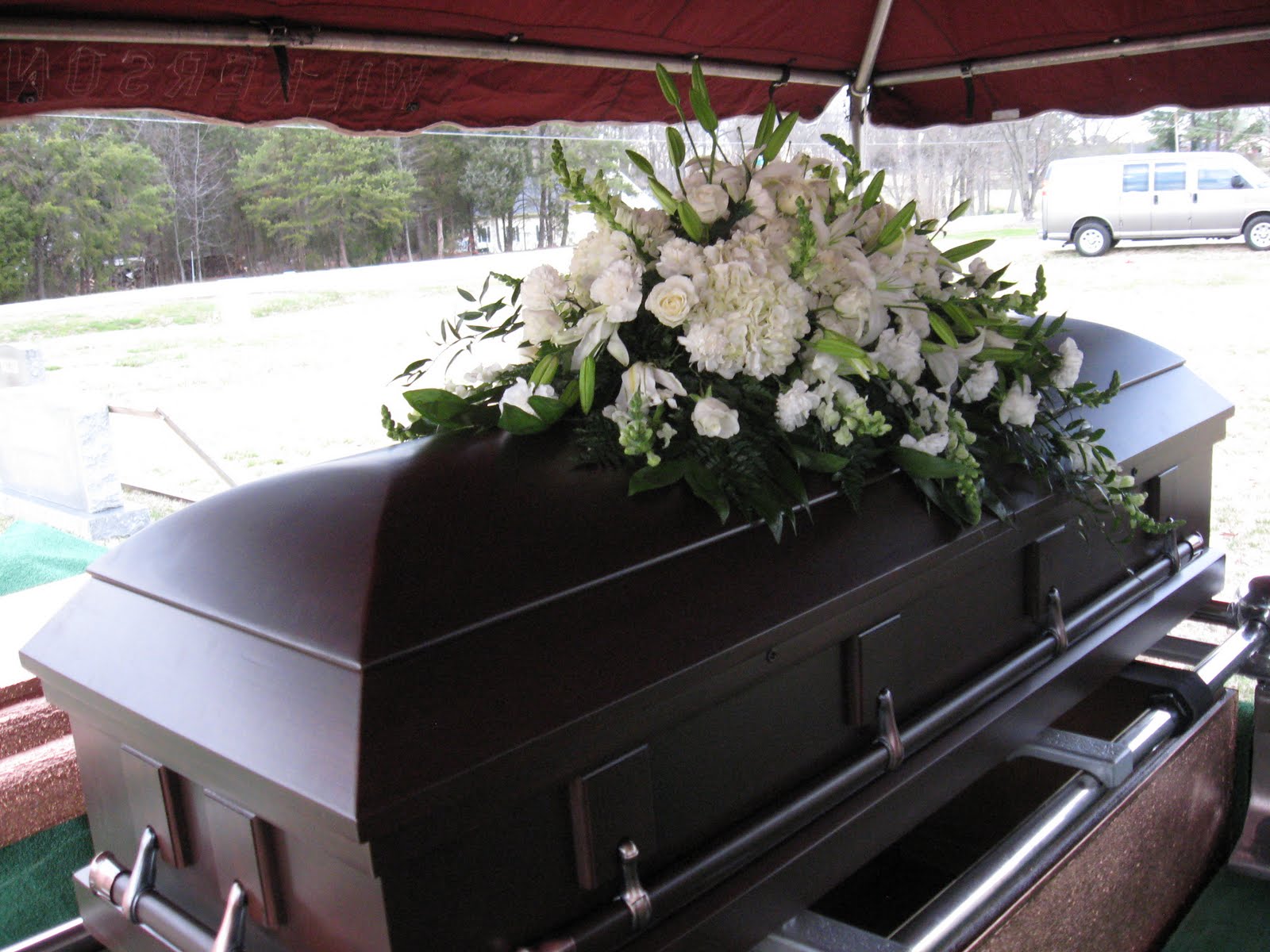Why Traditional Burying Of The Dead Still Matters
Let the dead bury their own dead, Jesus tells his followers. But these days, it seems, even the living think they can’t afford to do it. Their question: Why bother?
Americans increasingly cremate remains, at least in part with hopes of saving on funeral expenses. One-third of those who chose cremation in 2010 had said cost was a factor, up from 19 percent in 1990, according to a Funeral and Memorial Information Council survey of 858 adults. In Nevada, where unemployment and foreclosure rates are through the roof, 73 percent of those who died were cremated. That was up from 65 percent in 2006 and more than any other state.
But financial matters can’t be the sole driver of the trend. Cremations are, in fact, least common, at just 12.5 percent, in Mississippi, the nation’s poorest state. So some other factor must account for why cremation rates are sky-high in some cash-strapped places, but not in others.
That other factor is religion. Where commitments to the religious death rituals are strong, the vast majority of people still bury their dead, even if it’s in a pine box at an unmarked site. Where commitments to the bodily burial and its symbolism are weak, the dead get cremated, especially when pocketbook pressures intensify.
Consider: Six out of the 10 states with the highest cremation rates also rank among the 10 least religious states, according to a Gallup survey on religiosity published in 2009. Two of these are in New England: Vermont has a 59.56 cremation rate (10th highest in the country), and Maine has a 63 percent rate (seventh). Rates are a lot lower in Massachusetts (36 percent), where resistance rooted largely in Catholic culture remains strong in pockets. Catholicism encourages burial rather than cremation whenever possible, in part to signify the body’s preciousness to God. And of the New England states, Massachusetts has the second highest number of Catholics per capita, at 39 percent.
Contrary to popular belief, cremation isn’t always a money saver. Fees tend to start around $1,500 for a basic cremation in Massachusetts, but most consumers opt for services that hike costs by thousands of dollars, according to the Massachusetts Funeral Directors Association. In comparison, a simple burial in a plywood container with a secondary container can be around $2,500. Burial costs can start even lower in cemeteries that don’t require secondary containers.
The religious case for burial, however, often goes unheard. Where children and adults don’t learn compelling theological reasons for burying a body, they instead hear pragmatic ones suggesting cremation is the cheaper, greener way to go. Cremation has become the default option amid a dearth of religious knowledge.
What does the church teach about burial? Christians have traditionally buried the body intact with the feet pointing east. The act anticipates a Day of Judgment, when Christ will return from the East and raise the faithful. In this practice, Christians show confidence in the spiritual tradition that inspired it. Whether they believe in a literal or figurative resurrection, the burial bears witness to a God who isn’t bound by the grave. The buried body is a concrete sign of eternal hope, which can be lifesaving in an age of cynicism and despair.
Other religions, too, use burials to affirm the inherent meaningfulness of life. Judaism has traditionally banned cremation and required a prompt burial because the body belongs to God; returning it intact honors the Creator. Muslims bury the deceased on his or her right side, facing Mecca, with minimal grave markers to show eternal humility before Allah, whom they trust to raise the righteous.
To be sure, there’s a spiritual and environmental case to be made for cremation. Some see it as returning to the cycle of nature with minimal environmental impact, and it seems to affirm their deepest, eco-friendly values. They deserve no rebuke.
Yet all of us, as consumers of resources, ultimately stand for more than minimizing footprints on the earth. Otherwise, no one would use cars or have children. Our society needs death rituals that convey the full magnitude of what it means to be human. If we let pragmatic concerns override all else, as seems to be the case in many cremations, then we’ll be left with anemic rituals that only reinforce despair.




